AARP Hearing Center


Chapter 19
Sunday, May 29, 2016
WHATEVER THEY FOUND DOWN in Wicklow has everyone excited. The news announcer doesn’t know what it is, but that doesn’t stop her from speculating. They’ve got shots of a cordoned-off area next to a narrow road, gardaí walking back and forth. I realize that Griz must have been standing not far from the spot when I called her.
They have a “former law enforcement professional” with an English accent piling on the speculation. He straightens his tie and looks sympathetically into the camera. “In these kinds of cases, you would be looking for clothing, perhaps a piece of physical evidence. It is entirely possible that they have found a piece of clothing with enough blood on it to indicate that Miss Horrigan has indeed met a violent end. It is also possible that they have located a piece of evidence that may lead them to Miss Horrigan’s abductor.”
The newscaster asks him why it would be kept confidential. “Well, if it is indeed a piece of evidence that could lead gardaí to the perpetrator, then they would want to keep that to themselves. It might be something that only the person who took Niamh would know about. It might be a way to test a confession. Or they may not want the person in question to know that they are on his trail.” The newscaster and the expert have an awkward little moment of silence where they both realize that their coverage means that the person in question definitely knows the police have found something.
Then the newscaster hands it over to a reporter in Wicklow, saying, “Aiofe Callahan, tell us about some new information we’re just getting about the location of this search.”
“Yes, Allison. The Gardaí hope that this development will help lead them to Niamh, who has now been missing for a week,” says the young reporter in a concerned voice. She’s standing close to the Wicklow Way trail marker. “We can report at this hour that the location where the item was found is very near to Drumkee and the former grave of Kevin Whelan, the Belfast teenager whose grave was identified by members of the Provisional IRA as part of the Good Friday peace agreement. As you know, Allison, Kevin was eighteen years old when he disappeared from his home in Armagh in 1981. There had been rumors in his community that he was an informant and his family assumed he’d been murdered. After the Good Friday Agreement, an IRA splinter group revealed the location of his grave, in a patch of boggy hillside in Drumkee, close to where Erin and now Niamh Horrigan were last seen. His remains were recovered and now the Gardaí wonder if there is any connection between Niamh’s disappearance and the dark history of this place.”
I scramble for my laptop and search for “Kevin Whelan” and “Drumkee.” There are quite a few stories, mostly archived reports from the late ’90s. As part of the Good Friday Agreement, which mostly brought the sectarian violence in Northern Ireland to an end, paramilitary groups on both sides of the conflict had to agree to put their arms beyond use. While some arms were buried in concrete or destroyed, others were illegally buried in secret locations, Wikipedia tells me, in case the violence started up again. The stories refer to anonymous sources that say it’s widely believed that arms were brought over the border and buried in multiple locations in the Republic. The stories don’t say it directly, but the implication seems to be that there are some arms caches in the Wicklow Mountains, in Drumkee, among other locations.
I call home to talk to Lilly but she doesn’t answer her cell phone, and when I call the landline Brian tells me that she’s gone out to Montauk for the day with her friend Cory’s family. “She doing okay?” I ask him.
“Yeah, she’s doing great. How are things there?”
I go to the window and look out at the street. It’s quiet, late on Sunday. I remember this about Ireland, how quiet Sundays can be in public spaces. I wonder suddenly what Conor Kearney is doing right now. “They’re no closer to finding Erin, and Roly has me completely sidelined,” I say. “I mean, I know he has to, but I’m just sitting in this hotel room. They found something today, something belonging to the girl who’s missing. Niamh. I could help them but I have no idea what it is and they won’t even tell me anything.” I’m unloading my frustration on him and I feel bad about it. “I’m sorry, Brian.”
“No, it sounds awful.”
“How’s Danny?”
“Okay. You know. Lilly went over and took him some brownies she made last night. He’s just ... waiting. The bar’s been busy, so that’s good.”
“And ... everything else is okay?”
I don’t want to have to say it and blessedly he picks up on my meaning. “Yeah, yeah. Nothing strange. I’ve been setting the alarm. Don’t worry, Mags. There’s nothing to worry about.”
I feel relief stream down toward my legs. “Okay. I’m going to go out and find some dinner.” I tell him to give Lilly a big hug and to tell her to call me when she can.
***
I’m heading out of my hotel room, my bag slung over my shoulder, my key in my hand, when a man waiting in the hallway surprises me, clearing his throat and smiling sympathetically when I jump and whirl around.
“Oh, I’m so sorry. I didn’t mean to give you a fright. I just thought I could see if you were here.”
It’s the reporter with the ponytail from the other day. In the dim hallway he seems freakishly large, his shoulders twice the width of me, his legs thick under his suit pants. His forehead is dotted with beads of moisture and I take in his sharp sweaty smell from two feet away. He’s older than I thought, closer to my age.
“Stephen Hines?” he says. “We met the other day.”
“How did you know where my room was?” I ask. I’m still holding my key in my hand and I point the sharp edge of it out.
“I didn’t. I’ve been trying every floor.” He shrugs and smiles. “I got very lucky.”
“It’s creepy,” I tell him. “Please don’t do it again.”
He says, “Look, I’m sorry to bother you, but I just want to get your sense of the investigation. You’re not just a family member, you’re a highly skilled homicide detective, with apparent expertise in serial murder. What do you think about this find in Drumkee?”
“My sense is that the Garda Síochána is doing an excellent job,” I say. I put my room key into my bag and zip up my jacket.
But he’s still standing there, his body a barrier between me and the elevator. “A number of people have mentioned to me that they’re not sure why the Guards aren’t using you more, using your expertise. Would you like to be more involved in the investigation, Detective D’arcy?”
I look up at him. “The Guards are doing an excellent job,” I say. “I have a lot of confidence in them.”
“Have you been told that Niamh’s family wants to meet you?”
Now I’m interested. “Are you making that up?”
“No, no,” he says. “I wouldn’t make up something like that. They want to talk to you. They want to meet you. Why are the Guards keeping that from you?”
I watch him for a moment. He’s got an angle, but maybe I do, too. “Okay, what’s your theory?” I ask him. “You seem to really want to talk to me. What’s your theory on my cousin? On Niamh?”
He smiles kindly, a favorite college professor getting ready to answer a question. “I was just starting out when your cousin went missing,” he says. “They had me writing stories about cattle auctions and traffic. I’ve only read my colleagues’ stories in the archives. But I think whoever took your cousin never stopped taking women and I think he took Niamh Horrigan and I think whoever it is there in the trees at Glenmalure was taken by him, too. Don’t you want to help find him? It must be driving you mad, with all your expertise. I mean, you bested the fecking FBI.”
“Is that what you told the Horrigans?” I ask him.
He only appears a little embarrassed.
“I’m just looking for some information,” he says. “I’m a journalist. This is quite a confusing situation, as you know. My editor, like, he thinks I’m not working hard enough on this.”
I feel the rage build up inside me. “Don’t do that. I know who you are. Are you kidding me? Do you know how many hours I’ve spent reading every single article about this case? I’ve read everything you’ve ever written, Stephen P. Hines, for the Independent. You’re a good reporter, you’re a dogged reporter. You’re obsessed with these cases. I can tell. So don’t pretend you don’t know what you’re doing.”
“All right,” he says. He’s smiling. This is just what he wanted. “Thanks for that. Really, very flattering. I can show my appreciation by giving you a little scoop. It’s not public. They’re just about to arrest some guy down in Wicklow.”
Everything stops for a minute. I can hear a low buzzing coming from the emergency exit light on the wall.
“Who?” I want to shake him and demand he tell me what he knows. Everything narrows down to his face, the dim hallway. Suddenly, I realize what he’s saying, what he’s doing. I take a deep breath. “I would be happy to meet with the Horrigans,” I tell him. “Of course I would. And I would be happy to aid the investigation in any way I can. But it’s delicate. I’m a civilian when I’m here.” I keep laying it on. “They would have to believe that the Horrigans really want me involved. The Horrigans would have to demand that I help with the profiling, really. Perhaps they might threaten to go to the press if I didn’t. I’d need access to a lot of case files and interviews. That’s not strictly legal. And it would have to be very clear that they were asking for this. That it’s not me who’s trying to get in on this.”
Stephen Hines smiles angelically and spreads his hands at his sides.
“I think we all just want to find Niamh safe and sound,” he says. “I think that’s what we all want. I’m sure someone will be in touch, Detective D’arcy.”
I stand there, breathless, for a few minutes after he walks away.


























































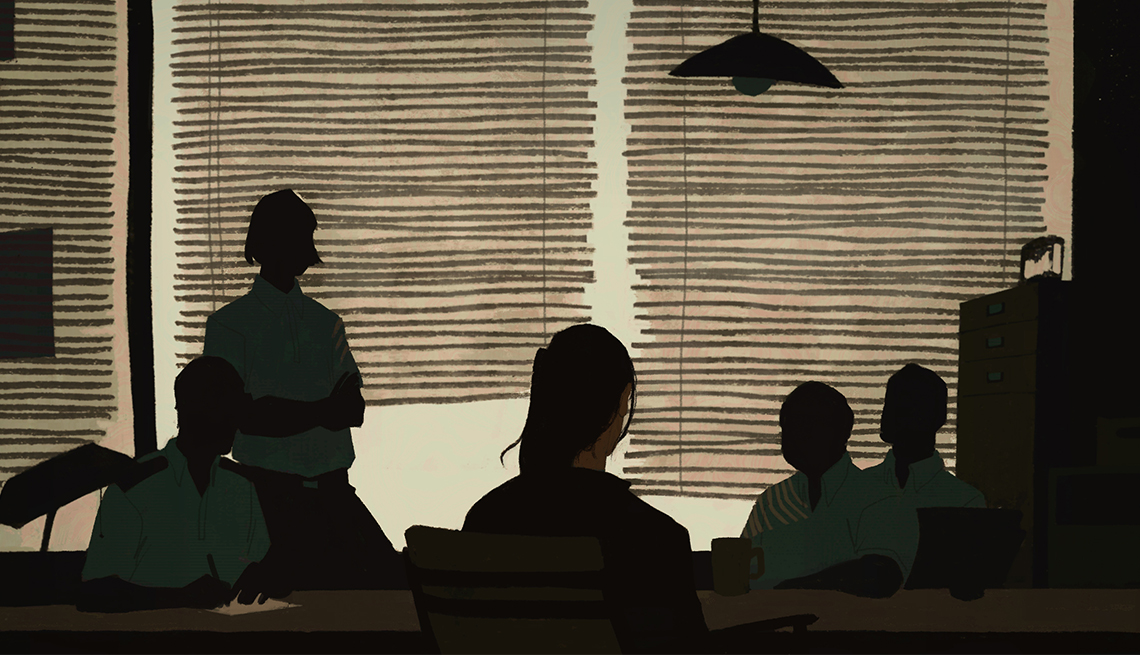
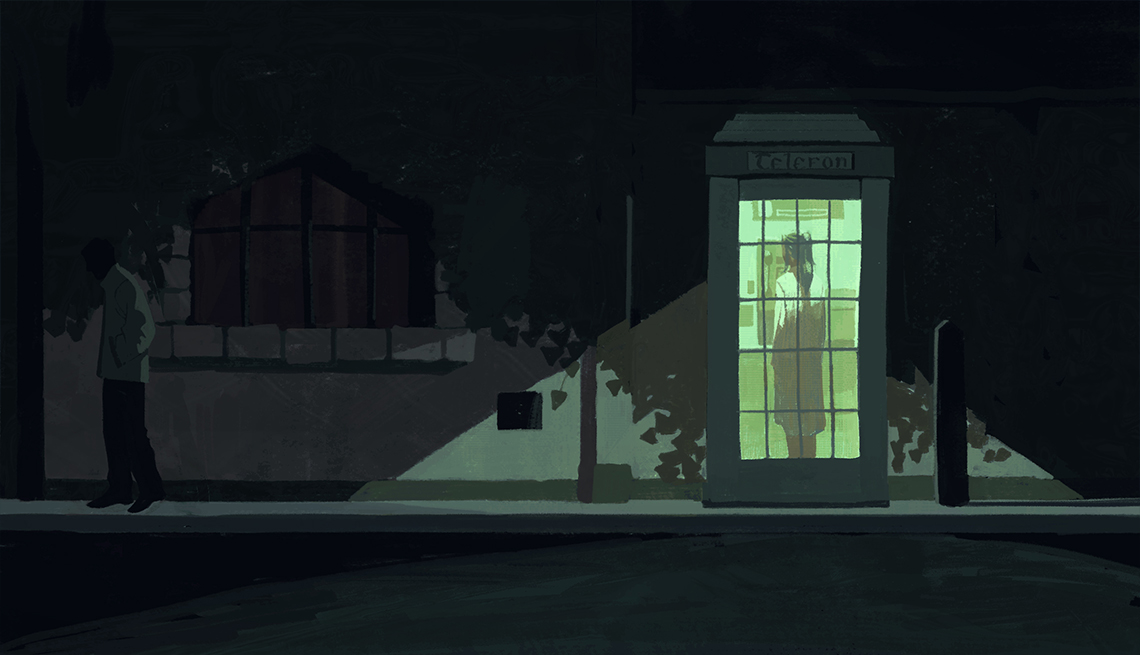
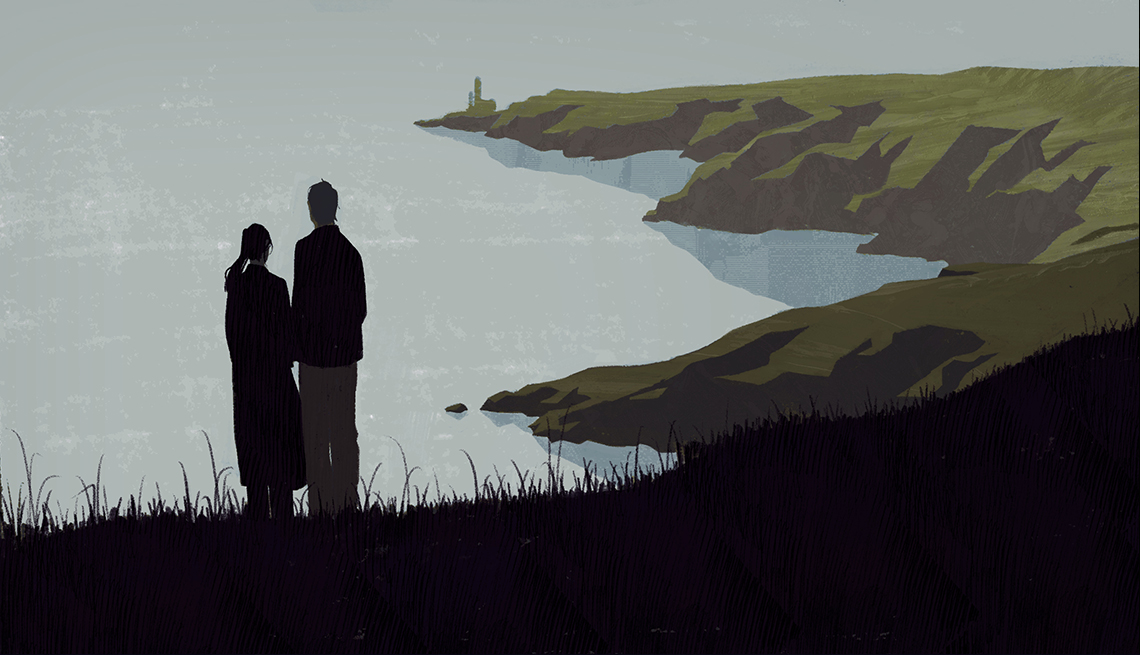
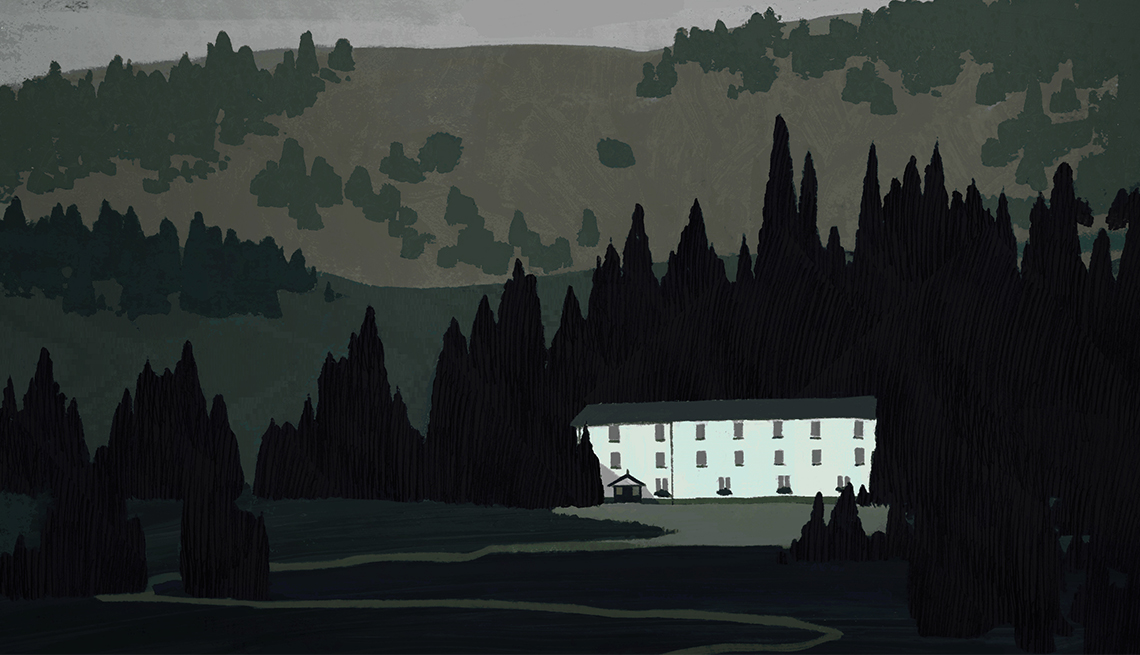
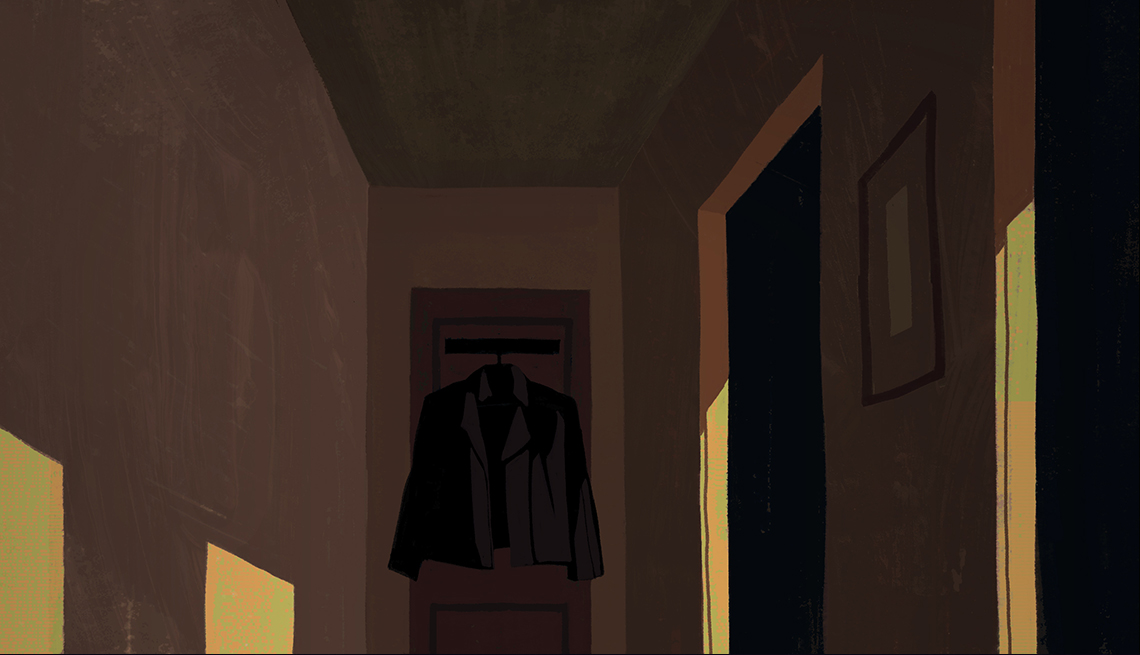
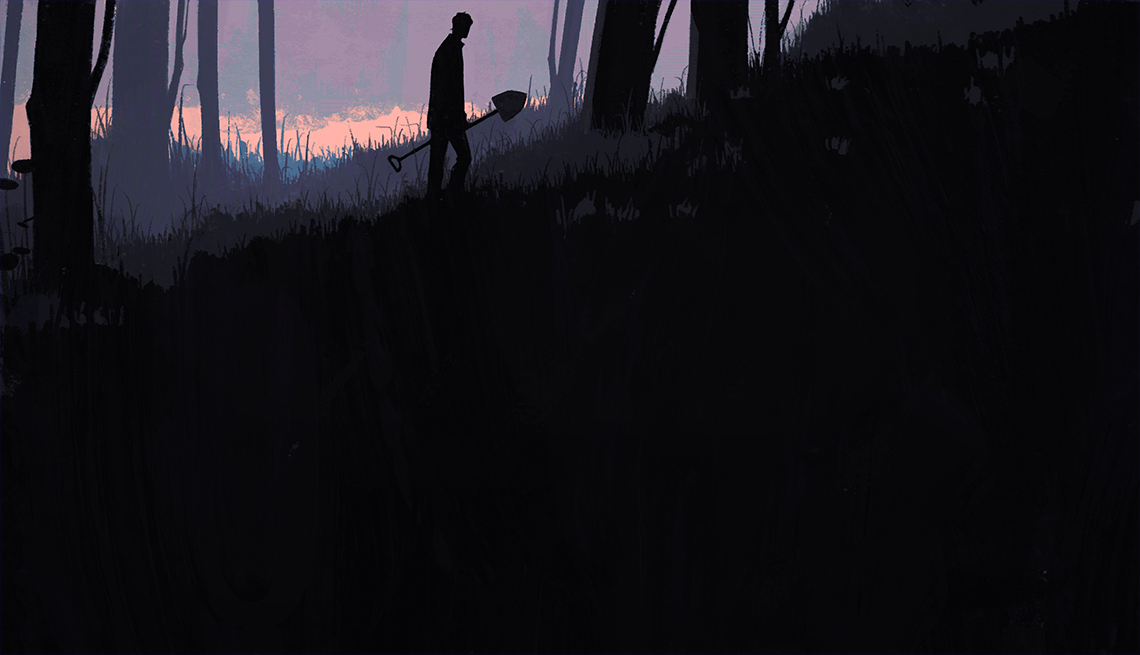
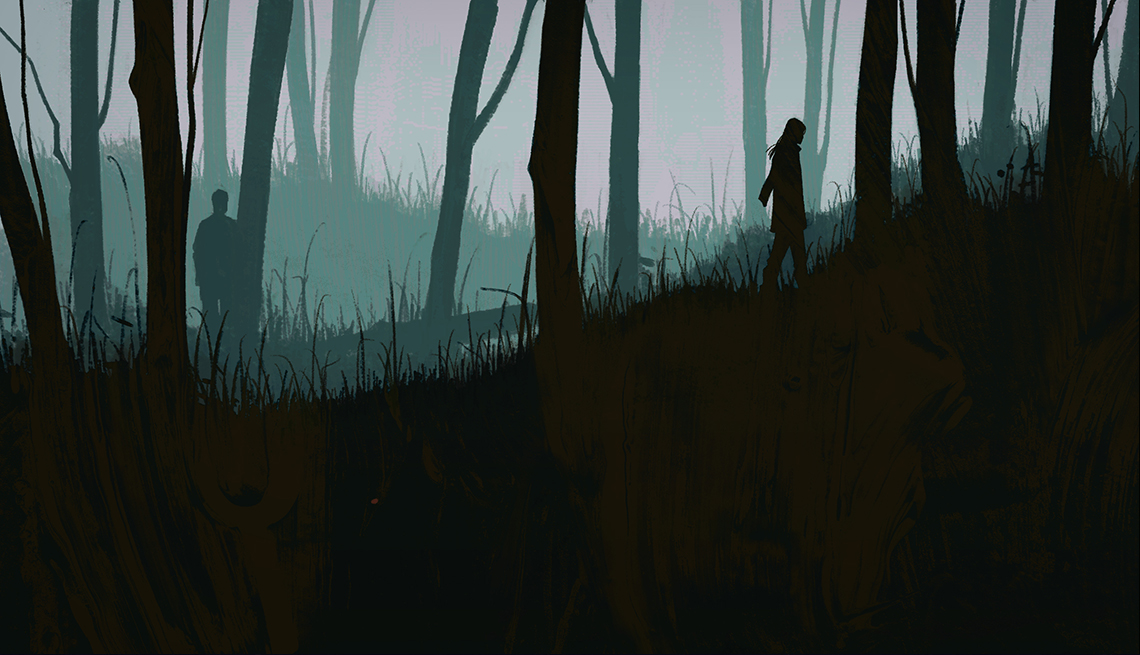
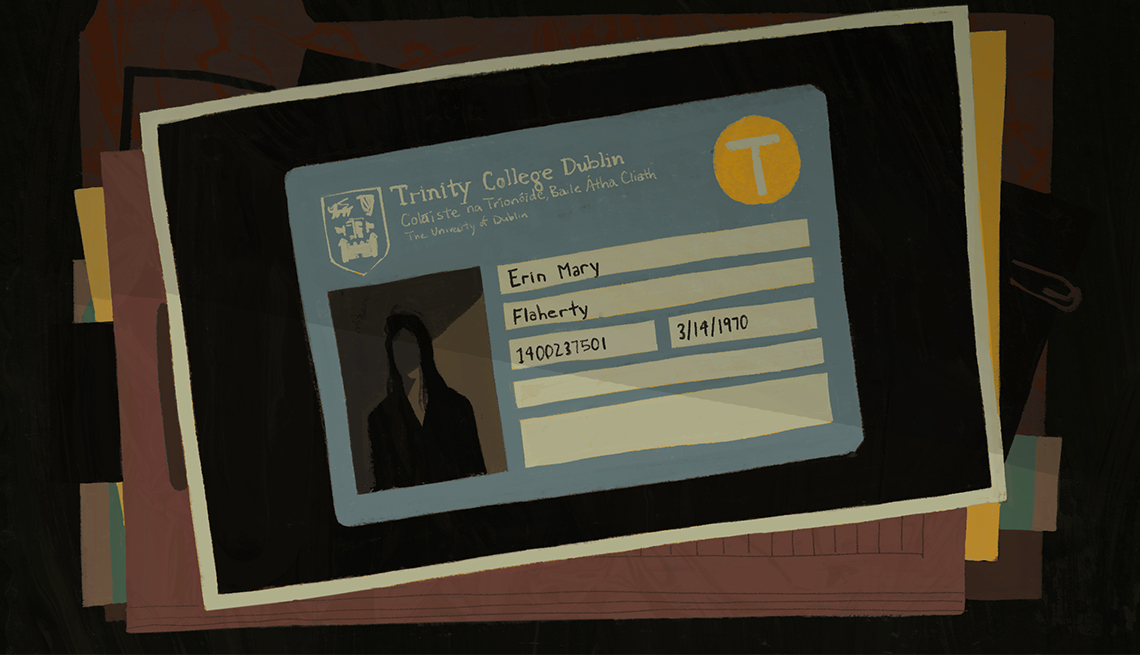
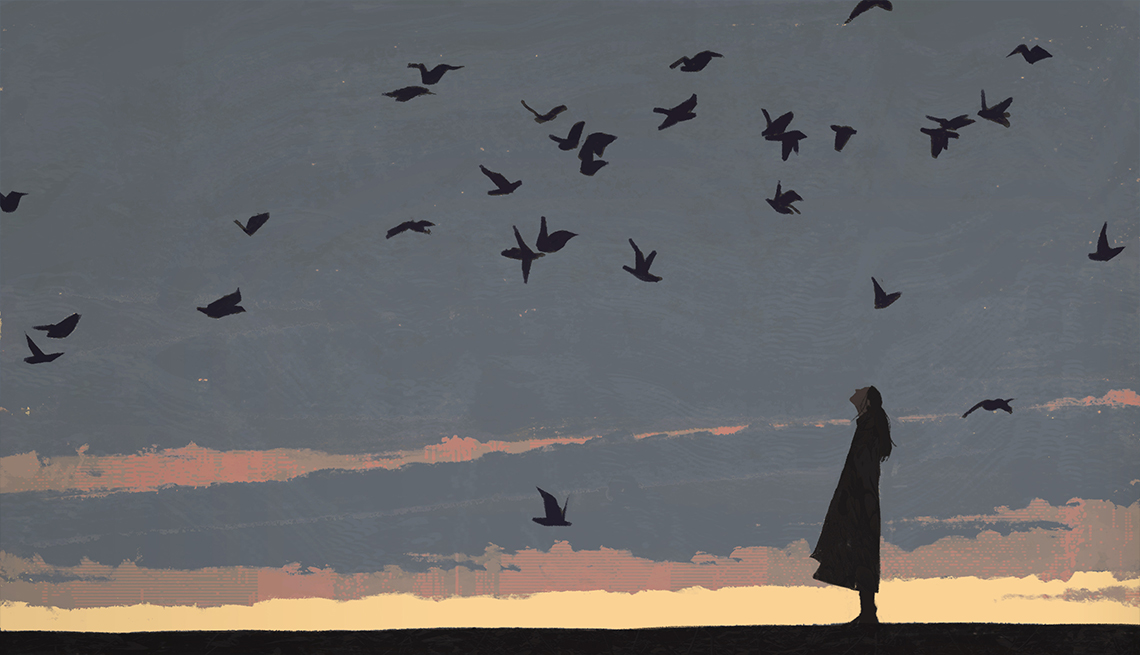
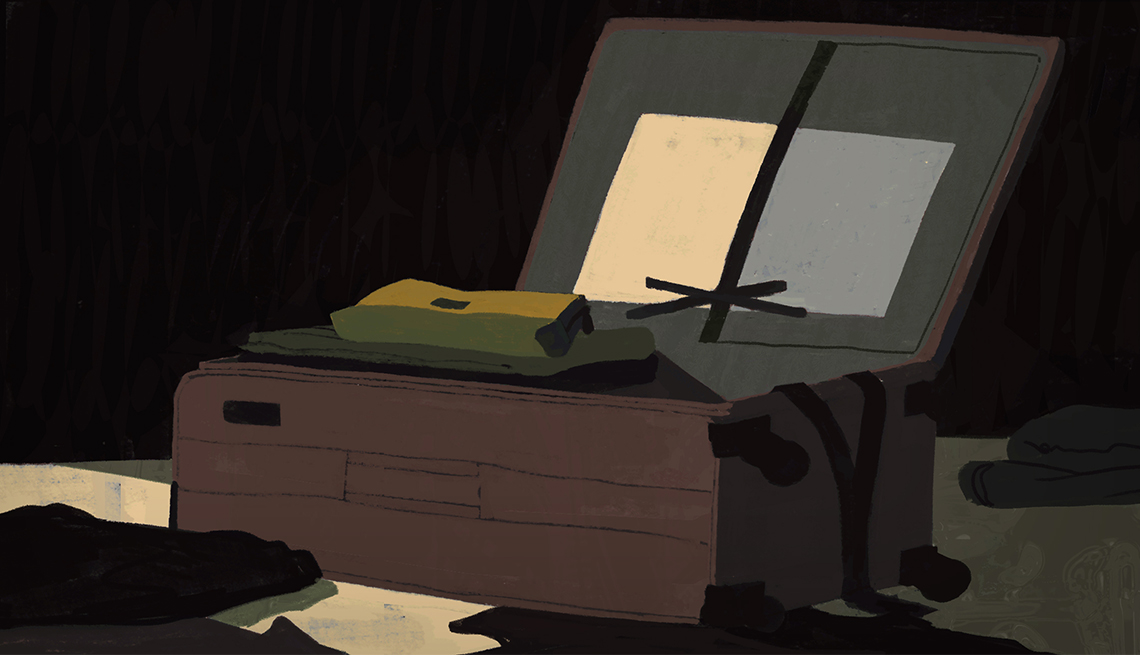
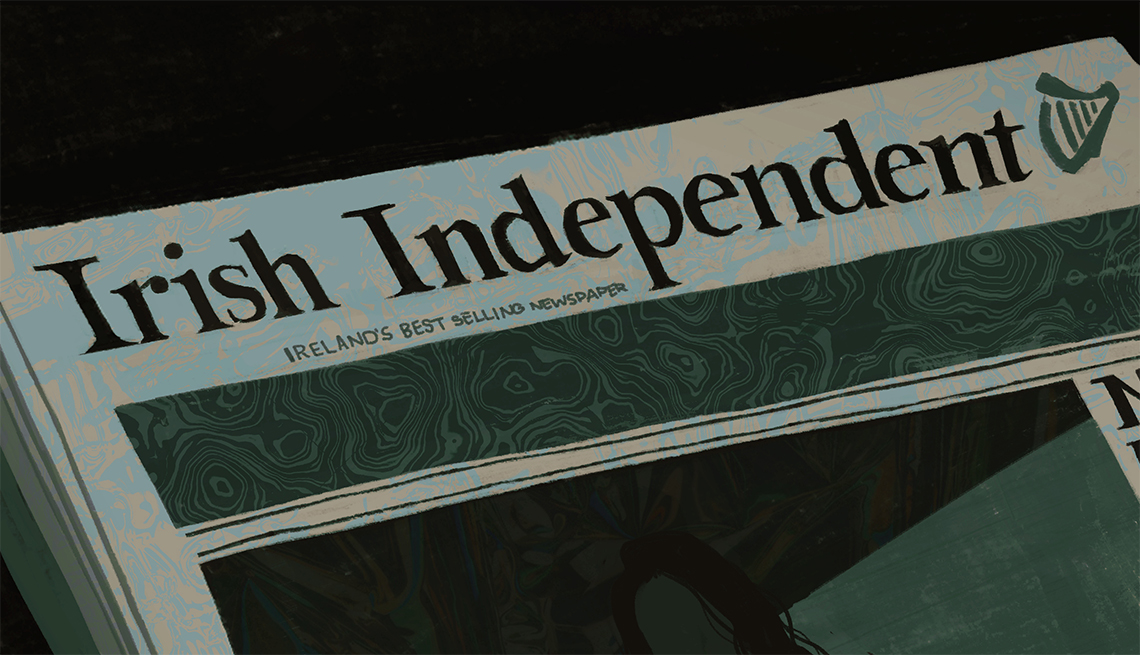
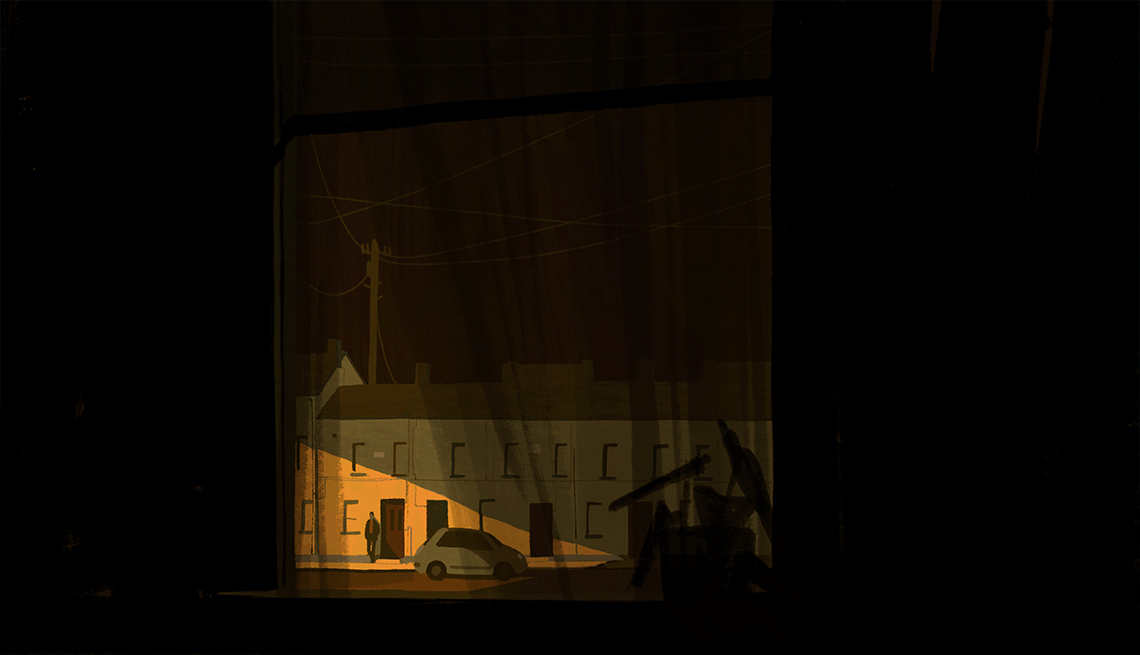
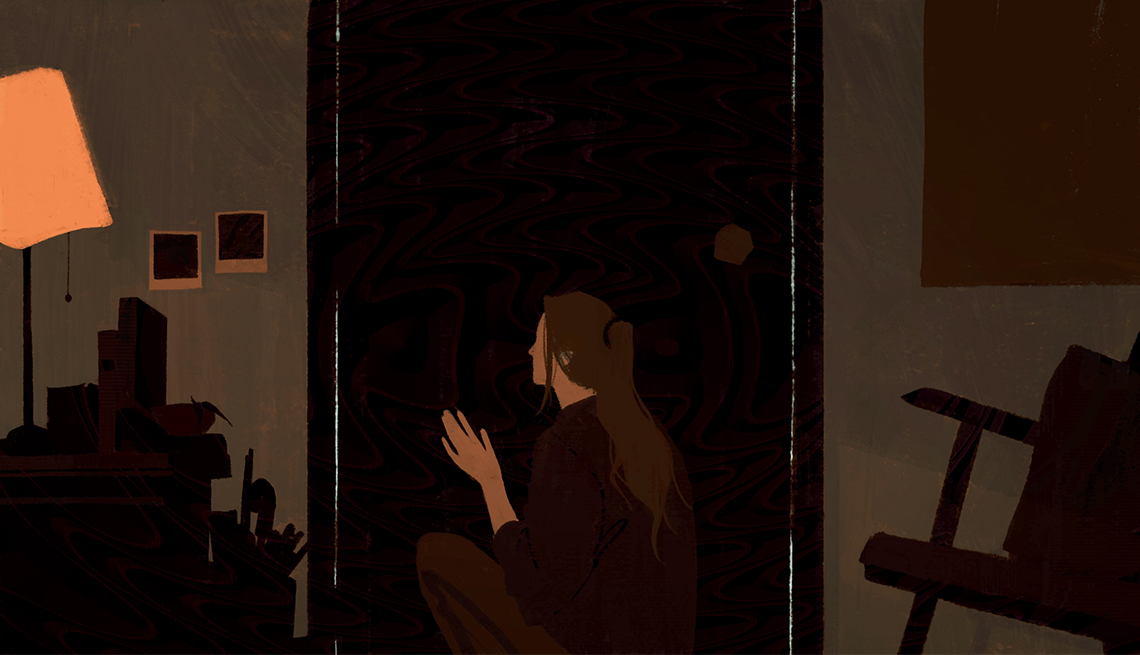
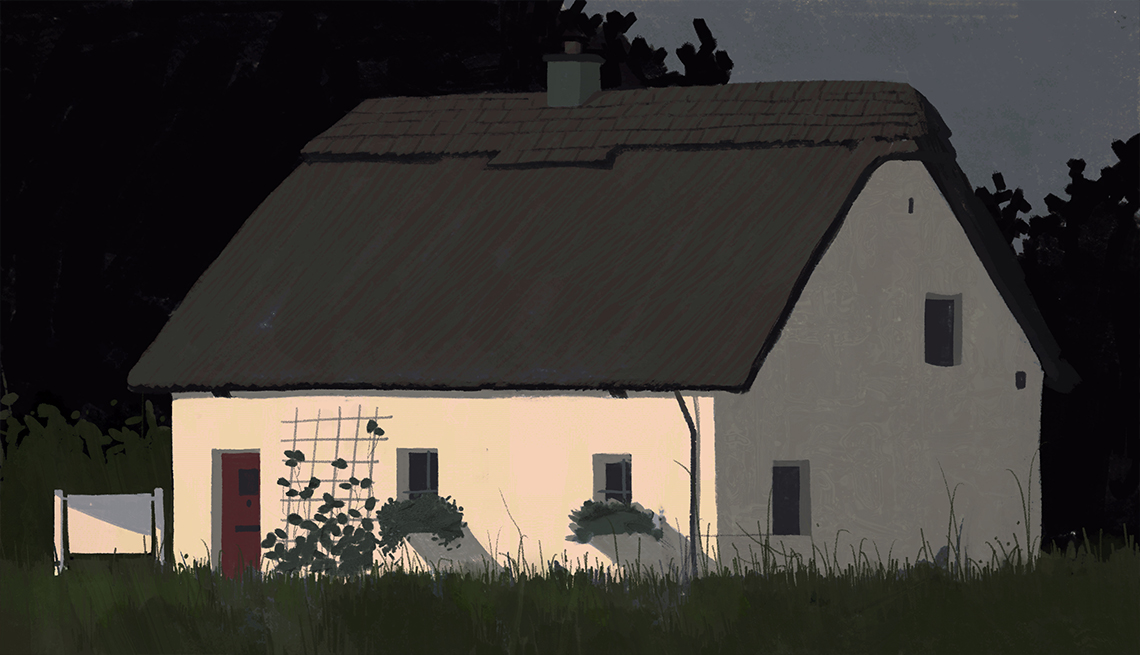
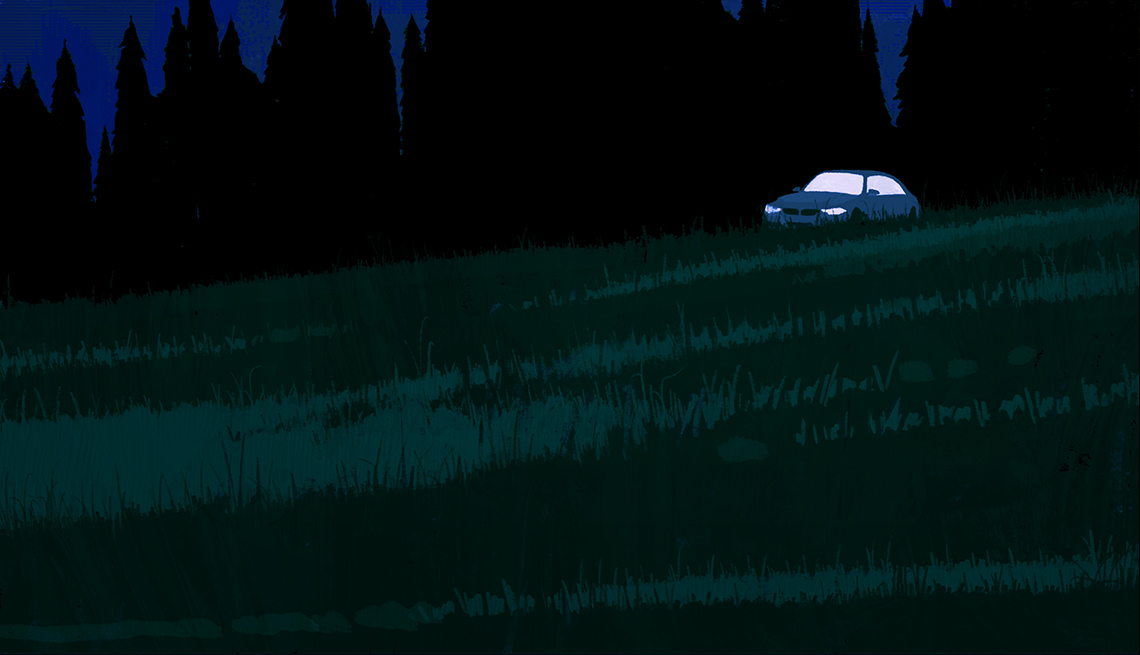
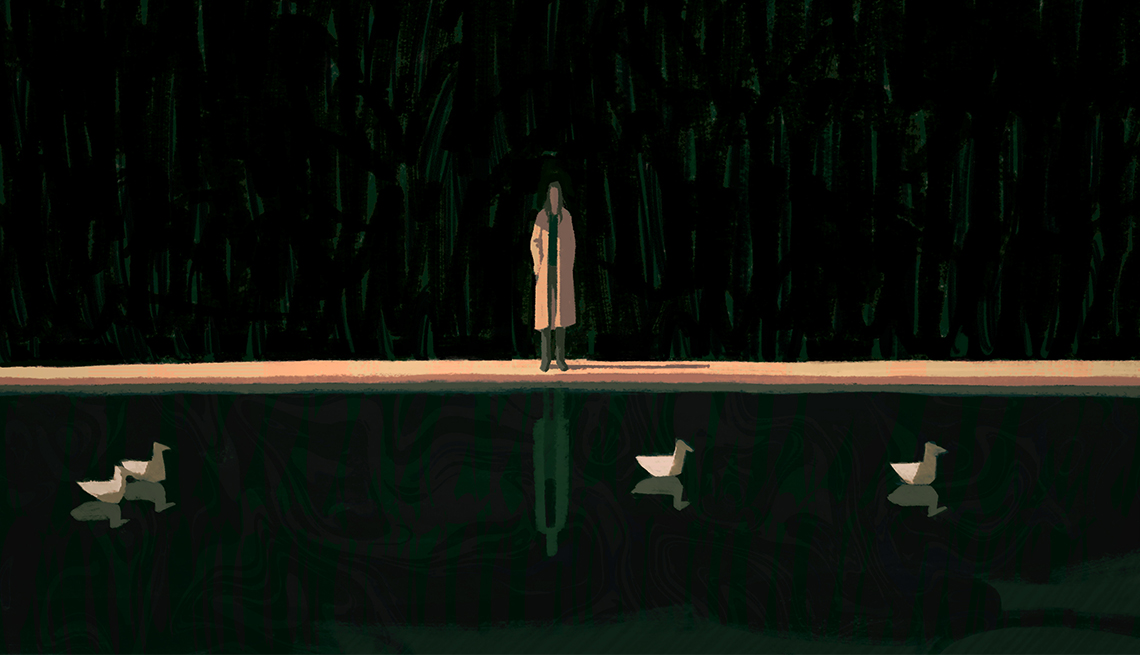
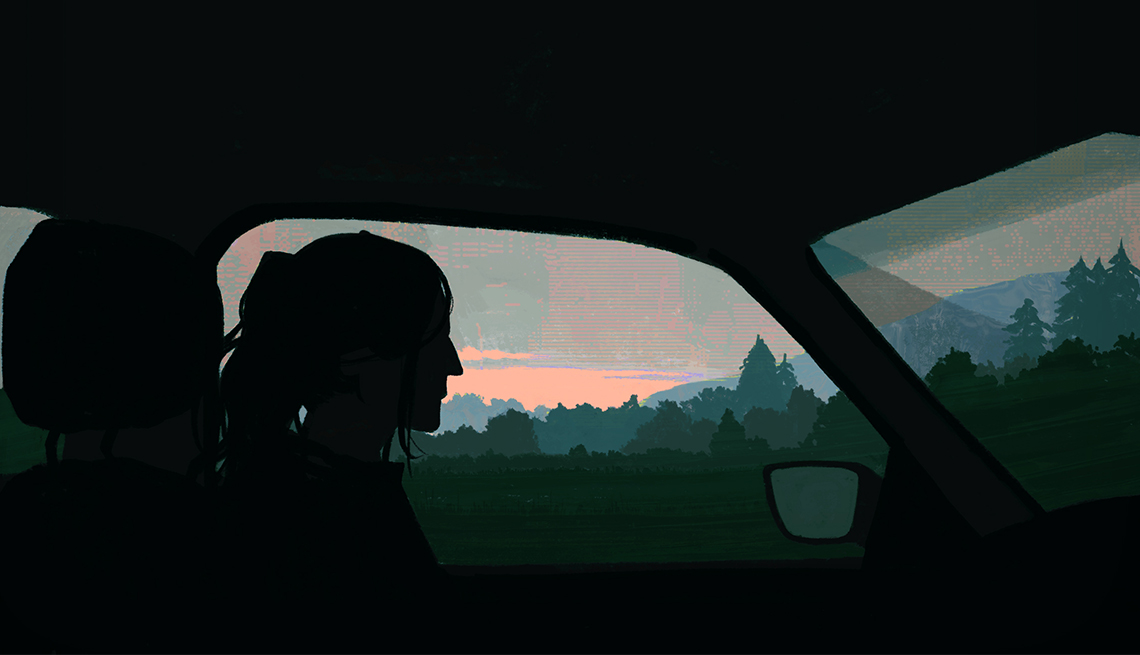
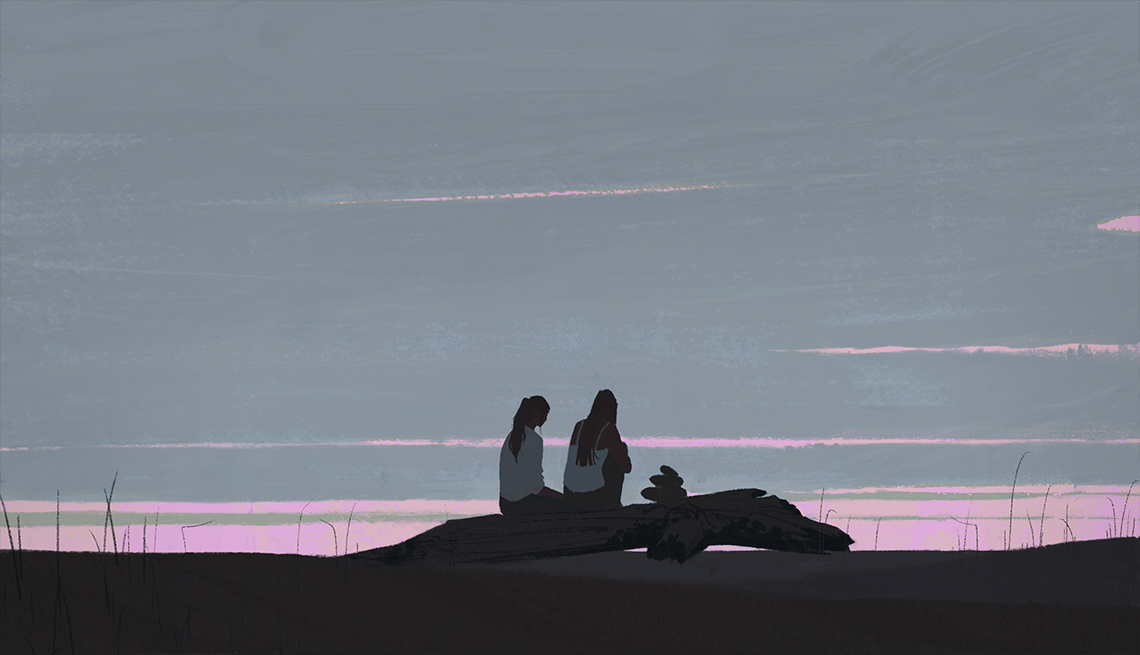
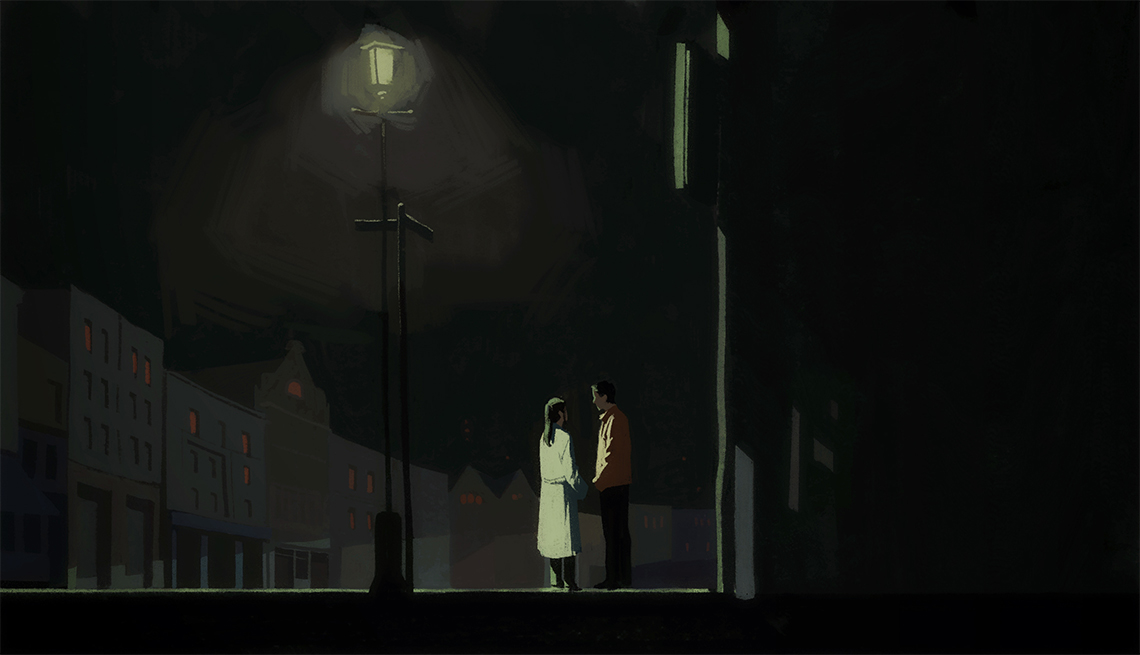
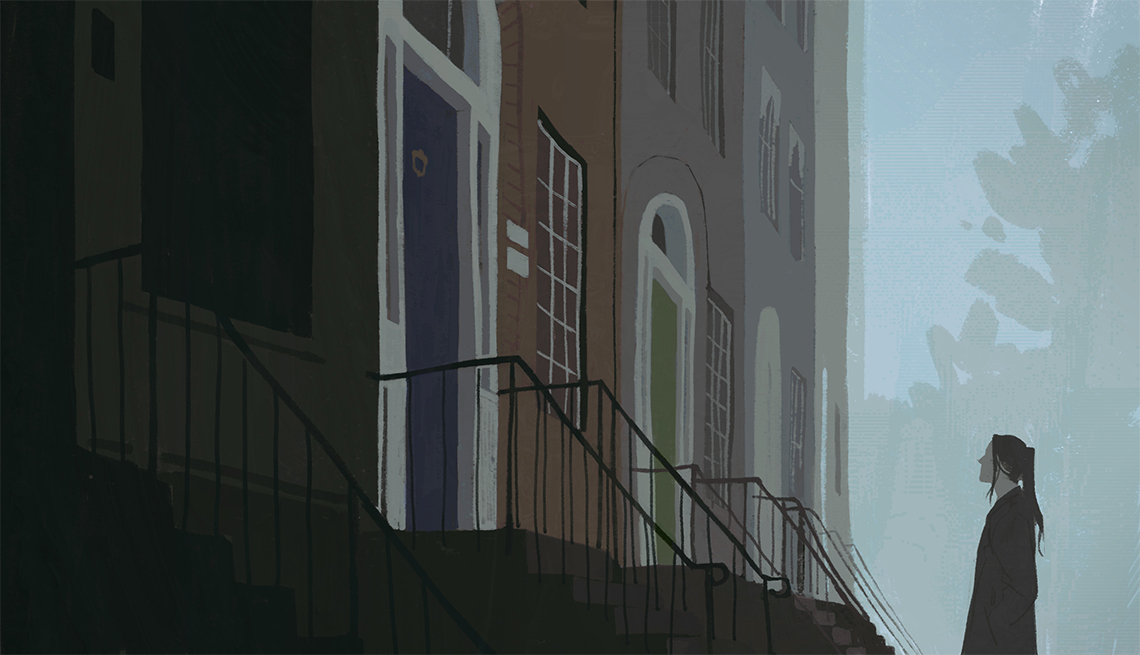
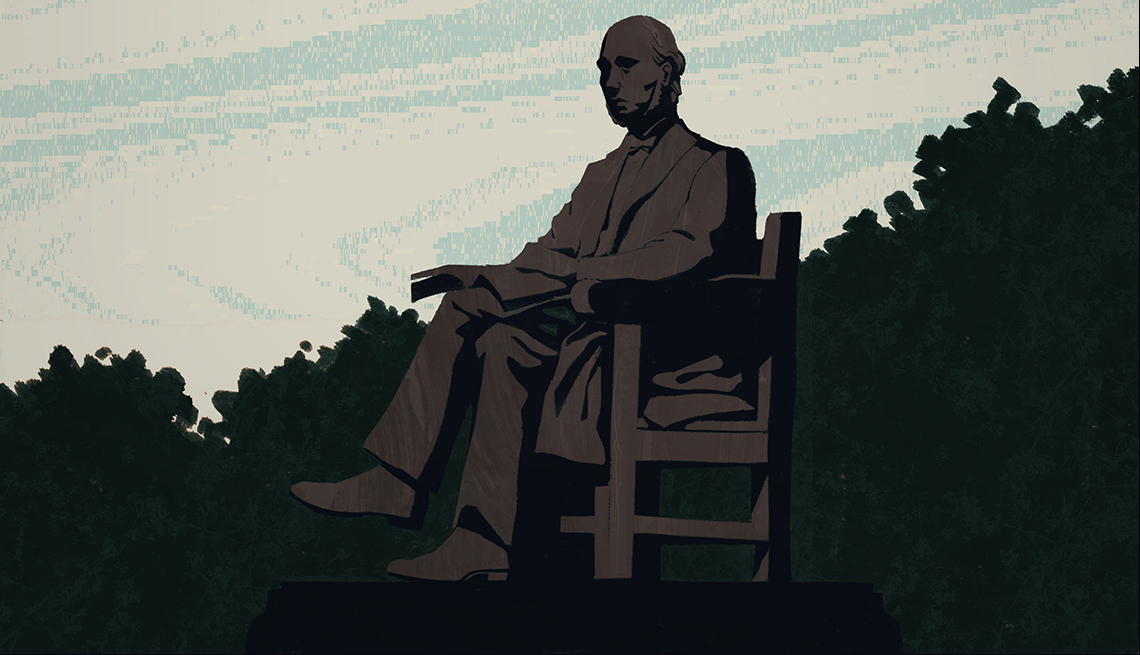
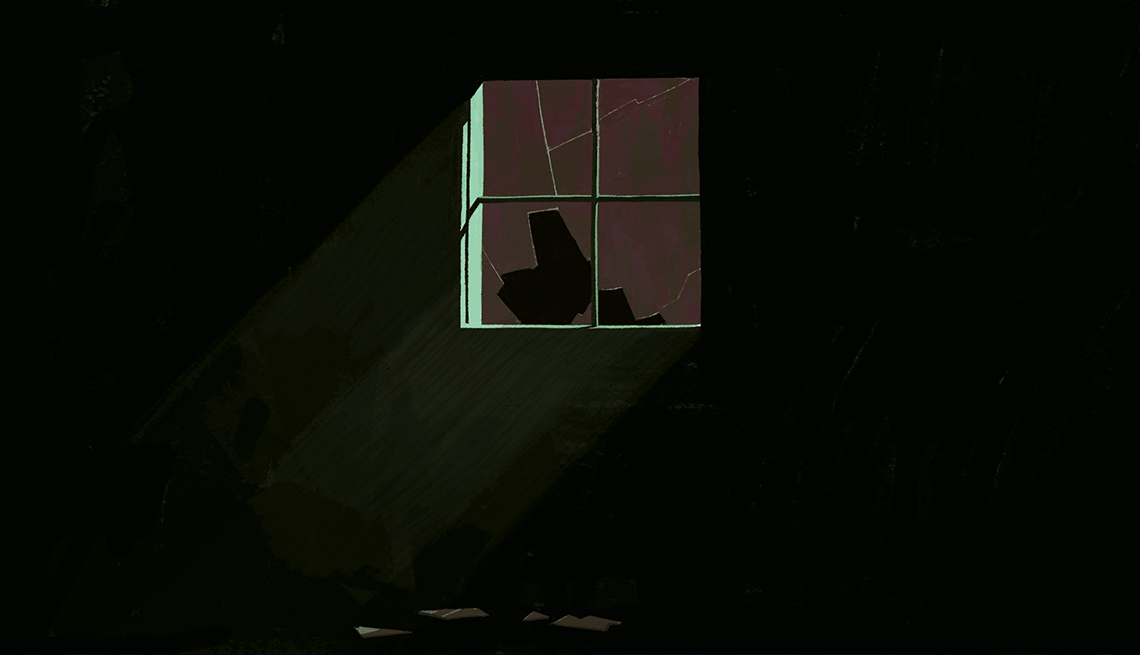
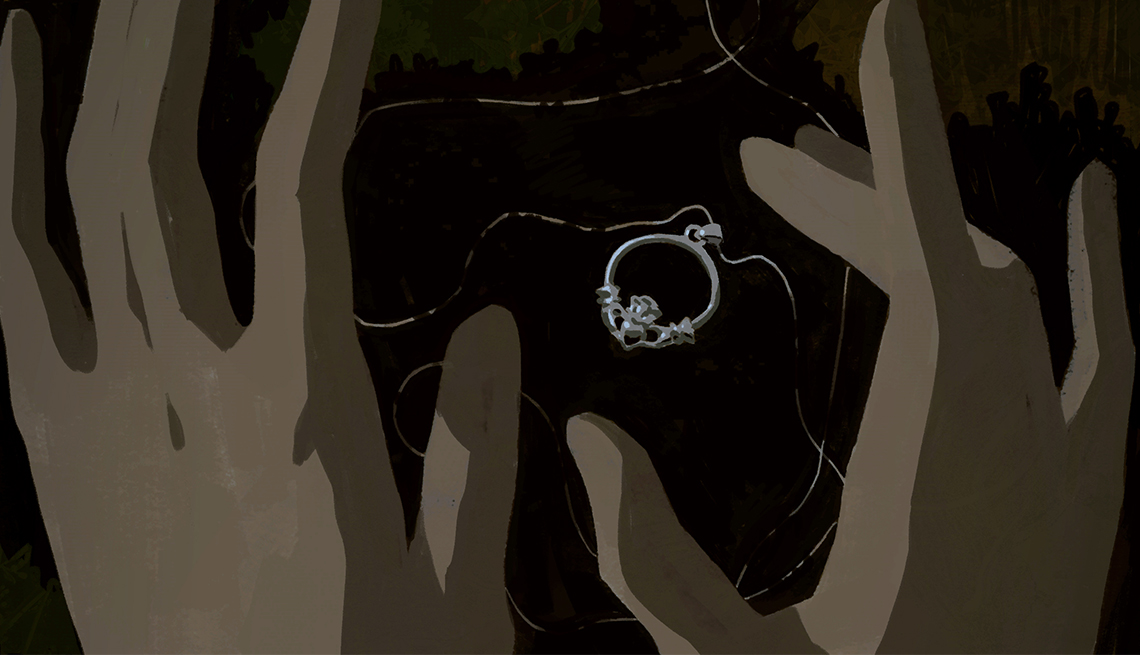
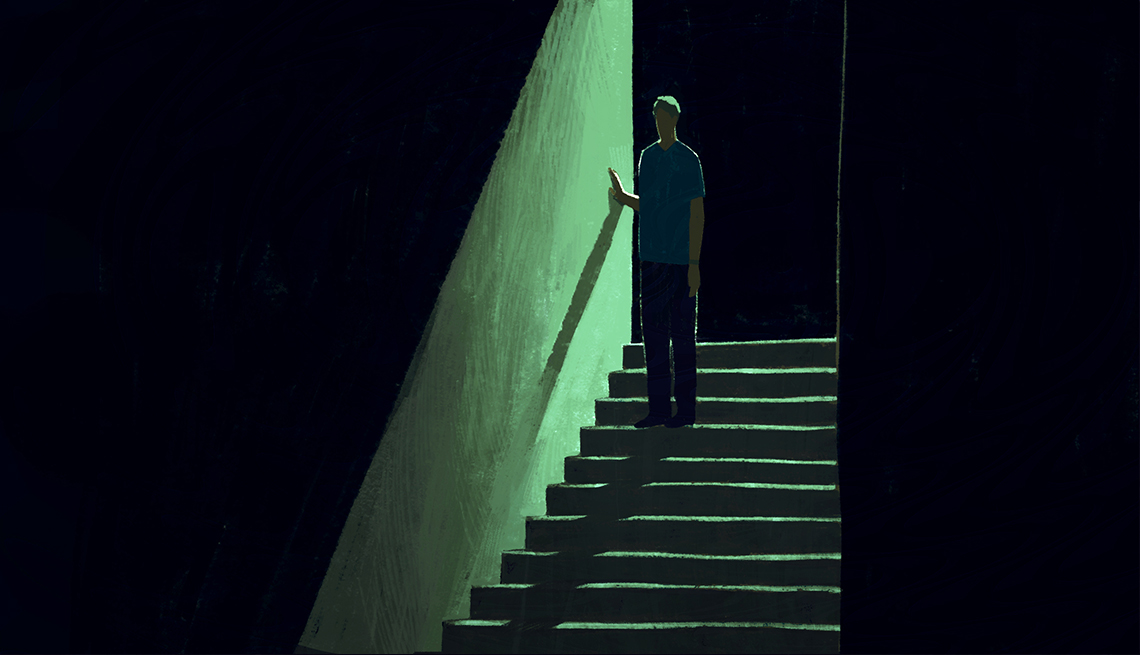
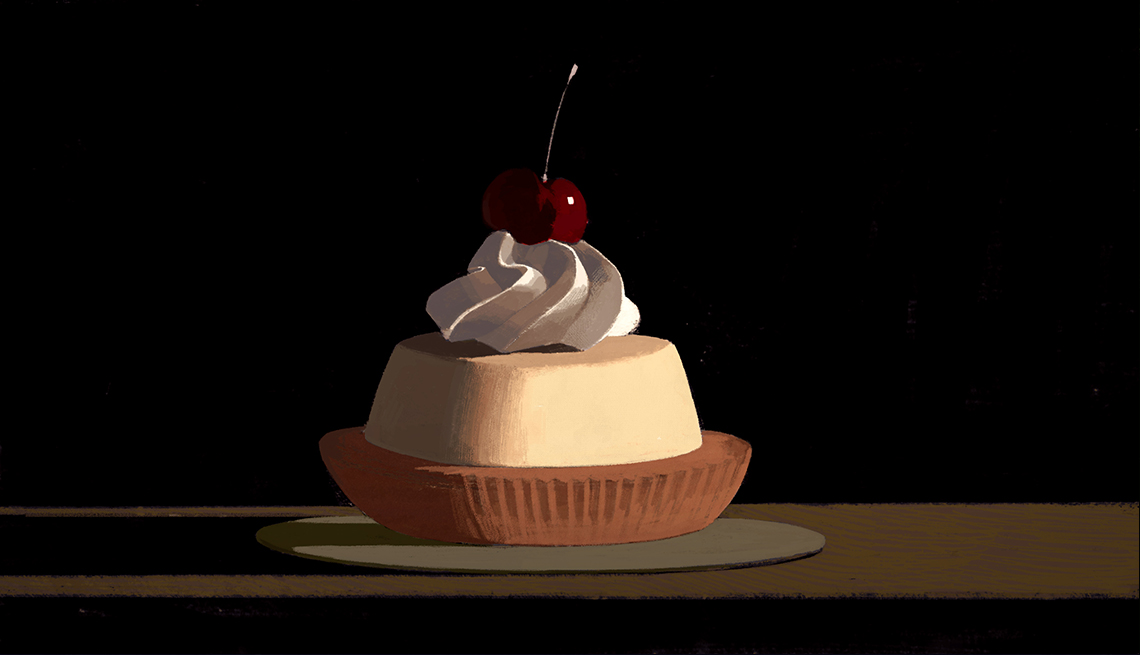



More From AARP
Free Books Online for Your Reading Pleasure
Gripping mysteries and other novels by popular authors available in their entirety for AARP members